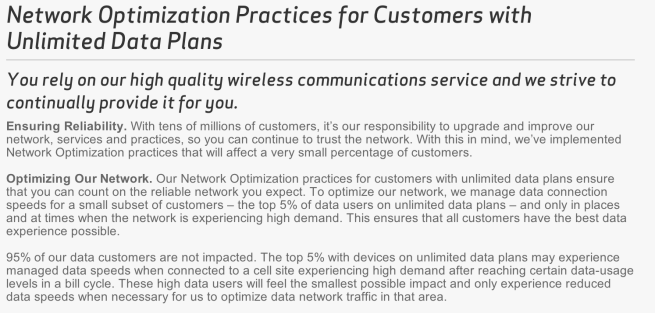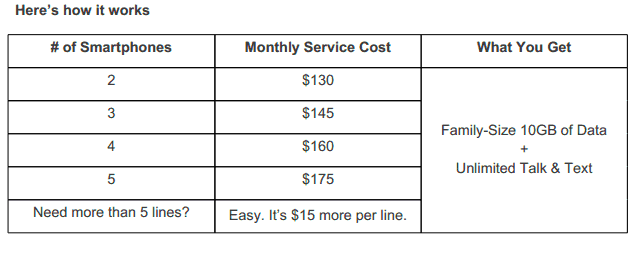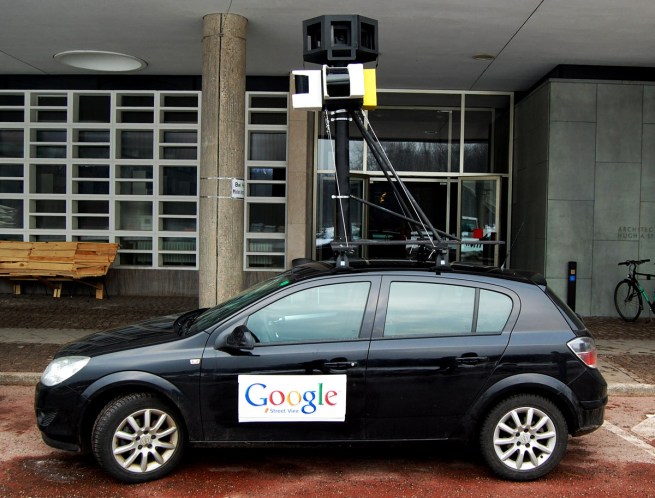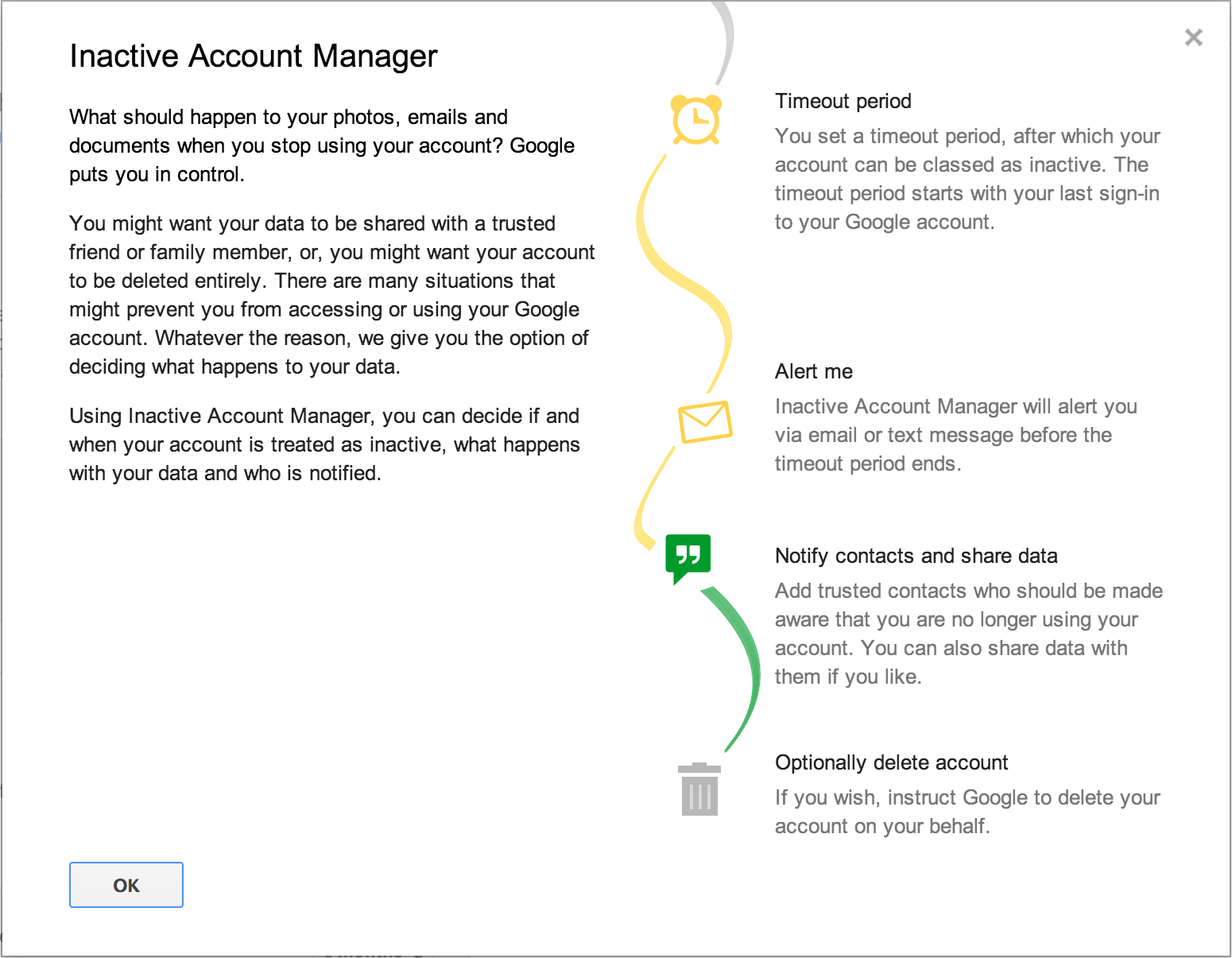
T-Mobile will let Simple Starter plans quadruple data for an extra $5/month starting Sept. 3
 T-Mobile announced today that it’s adding a new data option to its Simple Starter plans that will let users quadruple their data for much less than the competition.
T-Mobile announced today that it’s adding a new data option to its Simple Starter plans that will let users quadruple their data for much less than the competition.
Currently the company’s Simple Starter plans start at $40 for unlimited talk, text, and 500MB of LTE data. Starting early next month, the carrier will let customers on the plan bump up to a total of 2GB of data for just an extra $5 per month. T-Mobile is promoting the option as a better alternative to overage fees charged by other carriers.
CEO John Legere compared the option to his competitors noting that if you “get Verizon’s $50 plan and use just one gig more data, and the price jumps to $65. It’s crazy.”
“People who use loads of data use T-Mobile,” said John Legere, president and CEO of T-Mobile. “And it’s no wonder. The old guard telecoms punish people for using more data on their networks with crazy overage charges and fees. Get Verizon’s $50 plan and use just one gig more data, and the price jumps to $65. It’s crazy. At T-Mobile, we designed our network data-strong so our customers could use the hell out of it. And that’s just what they’re doing.”
T-Mobile notes that the deal is a limited time offer and subject to change, so you’ll want to add the data to your plan before the promotion ends to take advantage. The promo officially kicks in on September 3.















